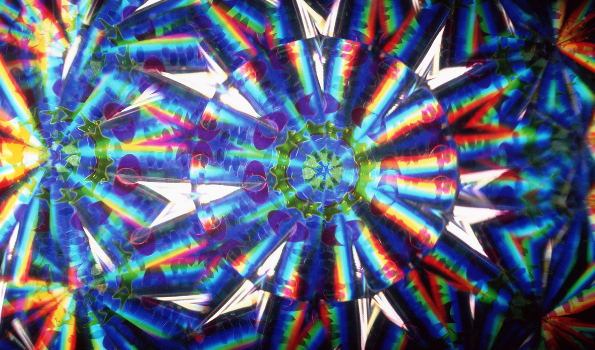
This webinar focuses on the diversity of mental health providers from their race, age, sex, gender, sexual orientation, class, and other "-isms" that break the community apart. Social worker and LGBTQ activist Aleks Martin will facilitate the discussion and offer a lens of compassion and understanding, and challenge our socially conditioned approaches to our practices not just with our clients, but with our peers as fellow professionals. Topics include:
References
Agass, D. (2002). Countertransference, supervision and the reflection process. Journal of Social Work Practice, 16(2), 125-133.
Bodenheimer, D. (2016, July 1). The impostor syndrome and the social worker. SocialWorker.com. Retrieved April 23, 2022, from https://www.socialworker.com/feature-articles/real-world-clinical-sw/the-impostor-syndrome-and-the-social-worker/
Burwell-Pender, L., & Halinski, K. H. (2008). Enhanced awareness of countertransference. Journal of Professional Counseling: Practice, Theory & Research, 36(2), 38-51.
Cabiria, J. (2008). Virtual world and real world permeability: Transference of positive benefits for marginalized gay and lesbian populations. Journal For Virtual Worlds Research, 1(1).
Churchill, E. F. (2018). Is there a fix for impostor syndrome?. Interactions, 25(3), 22-24.
Feenstra, S., Begeny, C. T., Ryan, M. K., Rink, F. A., Stoker, J. I., & Jordan, J. (2020). Contextualizing the impostor “syndrome”. Frontiers in psychology, 3206.
Lemma, A. (2015). Introduction to the practice of psychoanalytic psychotherapy. John Wiley & Sons.
Liegner, E. J. (2007). Focused countertransference exploration in classroom teaching of modern psychoanalytic candidates. Clinical Social Work Journal, 35(4), 277-286.
Matheson, K., Foster, M. D., Bombay, A., McQuaid, R. J., & Anisman, H. (2019). Traumatic experiences, perceived discrimination, and psychological distress among members of various socially marginalized groups. Frontiers in psychology, 10, 416.
Mayer, C. H., & Vanderheiden, E. (2021). Transforming Shame in the Pandemic: An International Study. Frontiers in Psychology, 12.
Smith, A. M., Hamilton, A. B., Loeb, T., Pemberton, J., & Wyatt, G. E. (2021). Reactions of novice interviewers conducting trauma research with marginalized communities: a qualitative analysis. Journal of interpersonal violence, 36(21-22), NP12176-NP12197.

Aleks Martin (S/he pronouns, but they is ok) has been in the health and social service field for over 20 years. Aleks was drawn to the LGBTQI2+ community in their mid-twenties working for a national HIV-prevention study with youth called, Young Asian Men’s Study (YAMS). This exposed them to the great work of HIV workers from other organizations and how community-based programs are critical in reaching out to the most vulnerable populations. During this time, they worked as a Disease Intervention Specialist with Public Health - Seattle & King County for 7 years, including working on the pilot study for the Rapid HIV Test Kit (then a 20-minute test).
A big portion of their professional career was spent at Seattle Counseling Service, a behavioral health agency for the LGBTQ community. From 2003 to 2019, Aleks started as Database Manager, Health Educator, Program Coordinator to Chemical Dependency Counselor and Addictions Program Supervisor. This was the safe space where their yearning for higher education was cultivated so they could serve their community further.
As a graduate of the University of Washington’s School of Social Work - Masters Program, Aleks developed their skills as a mental health clinician and social justice advocate. Aleks’ perspectives were shifted and allowed them to have a wider lens for diversity, inclusion and equity.
Aleks was inspired to start a private practice to address the special needs of the LGBTQI2+ and BBIPOC (Black, Brown, Indigenous and People of Color), particularly Queer and Trans Asian and Pacific Islander people dealing with unique and special issues that intersect with race/culture and gender/sexuality like coming out, spiritual conflicts, cultural dissonance, gender transition, social navigation at work and other environments, interpersonal relationships from intimacy to friendships, understanding relationships with non-LGBTQI2+ partner(s), and so on.